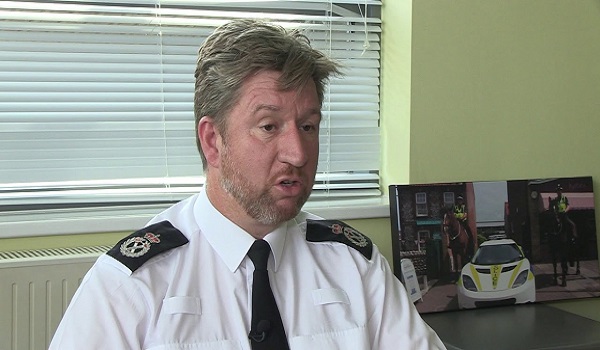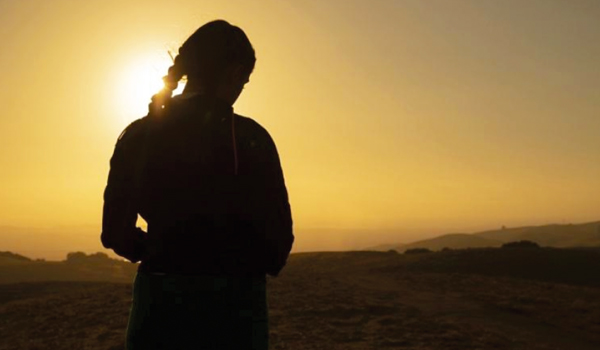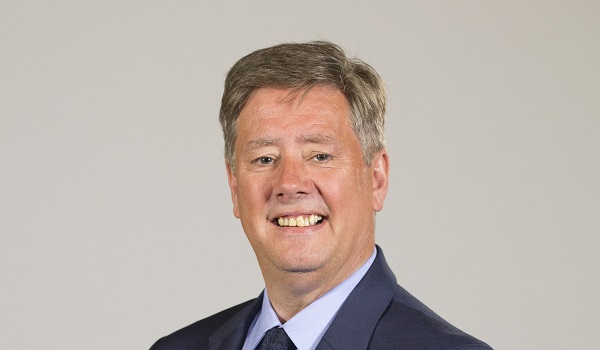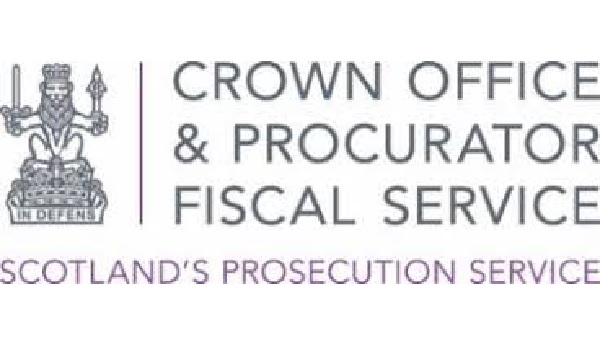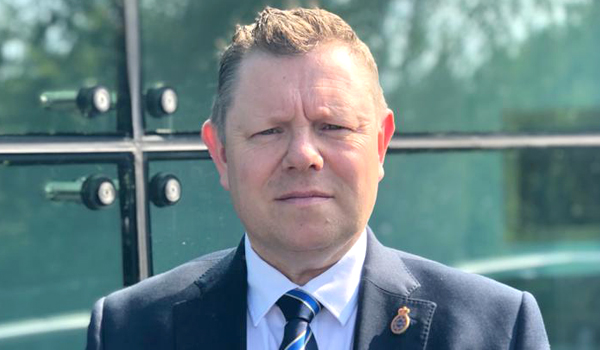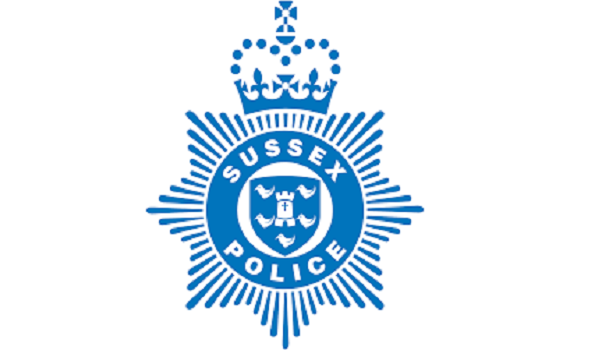Report warns of ‘explosion’ in online child sexual abuse
There has been “an explosion” in online child sexual abuse according to the latest report from the Independent Inquiry into Child Sexual Abuse.
Since 2016, around 400 to 450 people are arrested in the UK each month for related offences.
And despite technological advances to detect and prevent online child sexual abuse, the report says law enforcement is struggling to keep up.
Published today (March 12) the Inquiry report warned that the risk of “immeasurable harm” to children from the internet “shows no sign of diminishing”.
The Inquiry found that the number of indecent images of children in circulation worldwide was in the many millions, with some images reaching “unprecedented levels of depravity”.
It said it is still possible to access such imagery from common search engines in only “three clicks”, and concludes that internet companies must do more to pre-screen material before it is uploaded to their platforms and systems.
During 14 days of public hearings in January 2018 and May 2019, the Inquiry heard distressing accounts from those directly affected by child sexual abuse facilitated online. The report describes the harm done to children and their families through online abuse as incalculable.
National Police Chiefs’ Council lead for child protection, Chief Constable Simon Bailey, said the Inquiry highlights the “scale of the challenge we face from the online abuse and exploitation of children and outlines the robust response of law enforcement”.
“As police we are doing all we can to pursue and prosecute criminals who exploit and abuse young people online. But, as the inquiry has found, much more must be done to stop this abuse happening in the first place.
“Social media and tech companies need to acknowledge their responsibility and do more to stop children accessing harmful content and prevent abuse on their platforms. The inquiry has made a number of recommendations which will now be careful considered and my hope is that the report will lead to meaningful action, time and investment from everyone involved in protecting our young people. We simply cannot allow this level of harm and abuse being inflicted on children to go on.”
The Inquiry heard evidence that the UK was “the third greatest consumer in the world of the live-streaming of abuse”. It highlighted the case of a brother and sister who were groomed online by Anthony O’Connor, a 57-year-old man who posed as a 22-year-old woman. O’Connor manipulated 12-year-old (known as IN-A2) to sexually touch his 13-year-old sister (known as IN-A1). He later started to make IN-A1 perform sexual acts for him over webcam and said that if she did not do as he asked, images of the siblings together would be shared online.
The report highlights that live-streamed abuse can be accessed for little more than £1, offering encouragement to would-be offenders to engage in child sexual abuse on a significant scale.
In addition to law enforcement and government, the Inquiry also heard evidence from internet companies including Facebook, Google and Microsoft.
The report found that industry responses appeared reactive rather than proactive – action seemed driven by a desire to avoid reputational damage rather than to prioritise protection of children.
The report concludes that internet companies failed to demonstrate that they were fully aware of the scale of underage social media use. It describes how online age verification processes can easily be subverted by children under 13 – an age group at significant risk of being groomed.
The Inquiry said the lack of a comprehensive plan from industry and government to combat this problem should be urgently addressed.
Professor Alexis Jay, chair of the Inquiry, said: “The serious threat of child sexual abuse facilitated by the internet is an urgent problem which cannot be overstated.
“Despite industry advances in technology to detect and combat online facilitated abuse, the risk of immeasurable harm to children and their families shows no sign of diminishing.
“The Panel and I hope this report and its recommendations lead internet companies, law enforcement and government to implement vital measures to prioritise the protection of children and prevent abuse facilitated online.”
The Inquiry makes four recommendations:
- The Government should require industry to pre-screen images before they can be uploaded;
- Images should be removed as a matter of course;
- The Government should legislate to make technology firms implement stringent age verification; and
- The Government should publish its draft child sexual abuse code of practice for industry.
Rob Jones, National Crime Agency (NCA) Director of Threat Leadership, said: “The NCA welcomes the report and believes we cannot continue to tolerate technically enabled, industrial-scale abuse of children.
“The report demands more action by industry and government, and a greater focus on prevention. And it highlights that it would help law enforcement if offenders were prevented from accessing child sexual abuse material at the outset.
“It’s clear that the increase in the number of indecent images of children offences is driven by images of child sexual abuse being too easily accessible. The introduction of age verification, pre-screening of known indecent images prior to upload and action to remove images, will all prevent offending.
“No industry witness told the Inquiry that it was technologically impossible to pre-screen their platforms and services. This removal of preventable offending will enable the NCA and policing to focus on the very worst offenders.
“As the report rightly highlights, the internet has undeniable benefits to society. But it has also enabled a section of society to commit increasingly horrific crimes against children through grooming, live-streaming and distribution of indecent images.”
Mr Jones said the NCA and UK policing continue to fight the online child sexual abuse threat, arresting more than 500 child sex offenders and safeguarding around 700 children each month.


